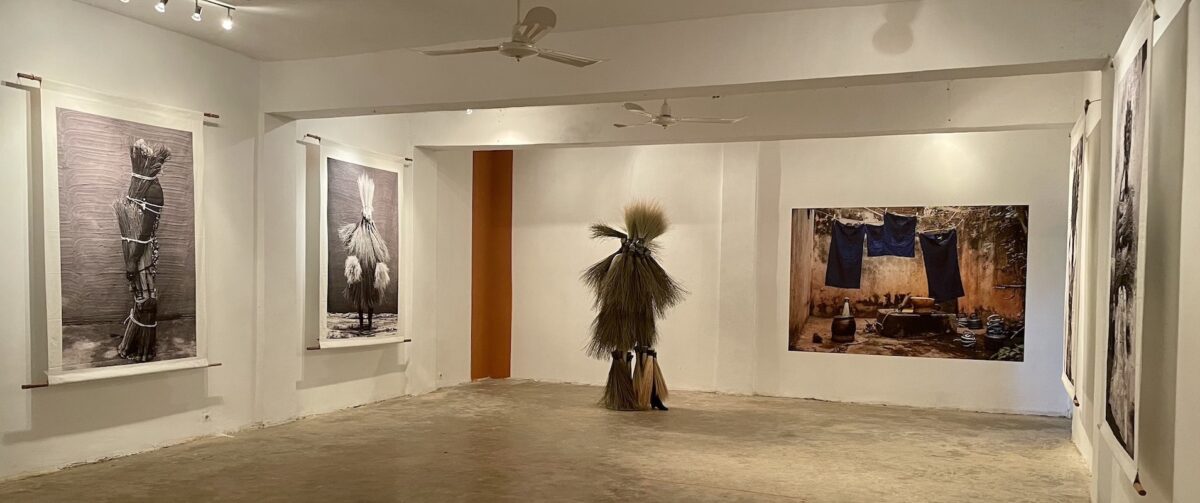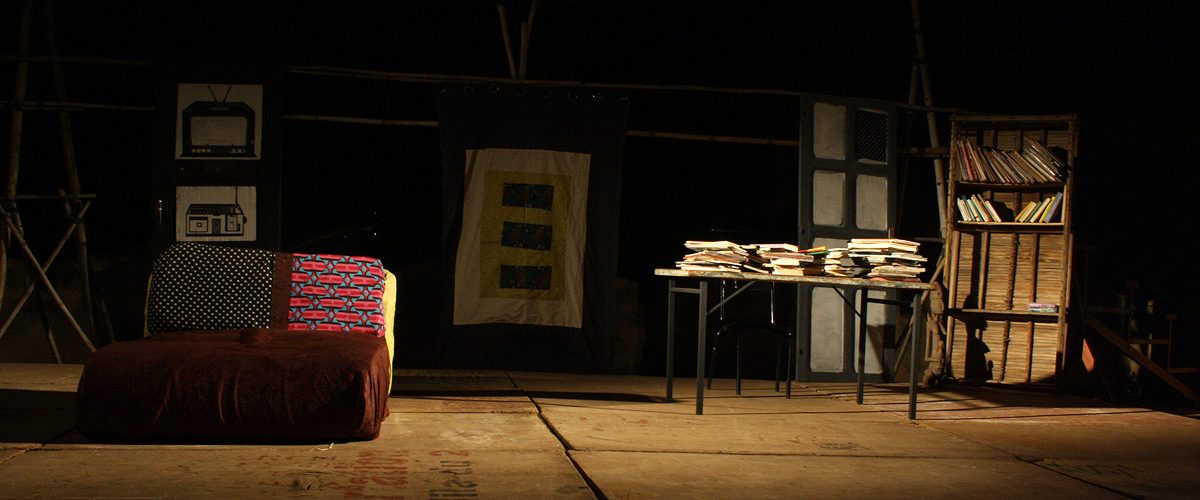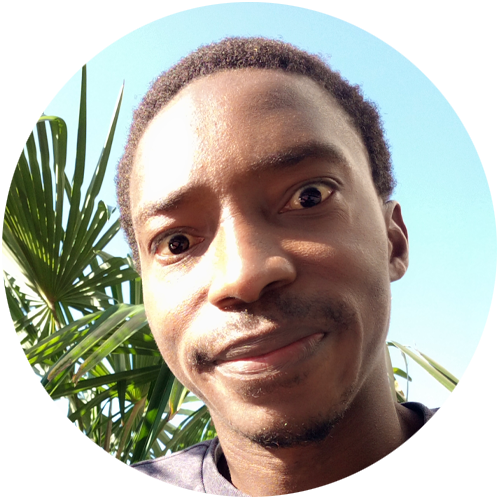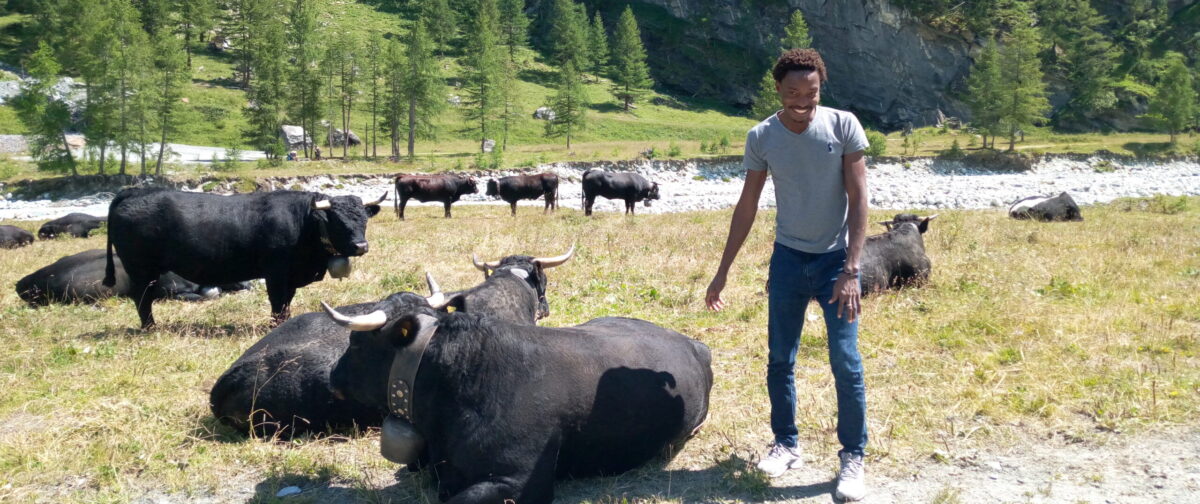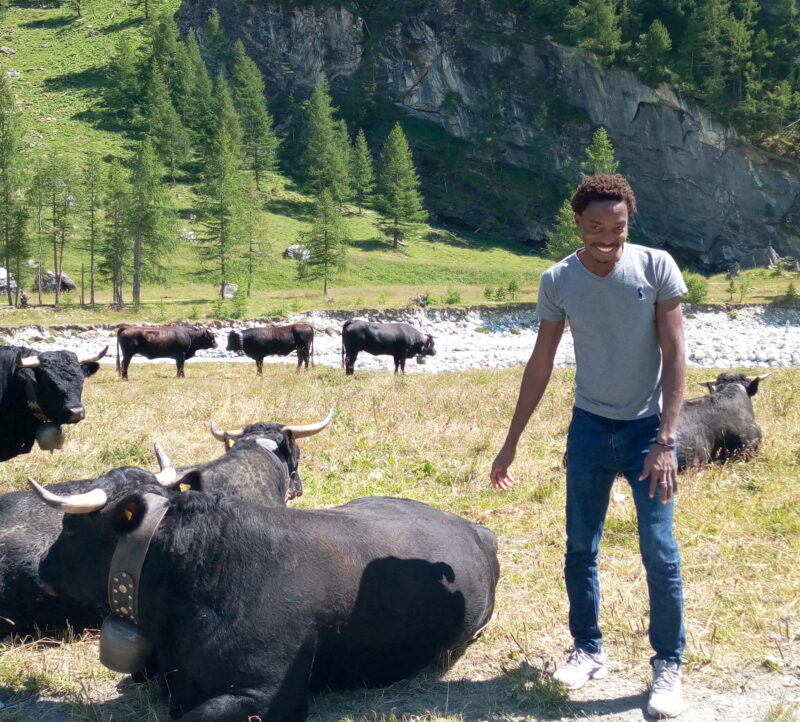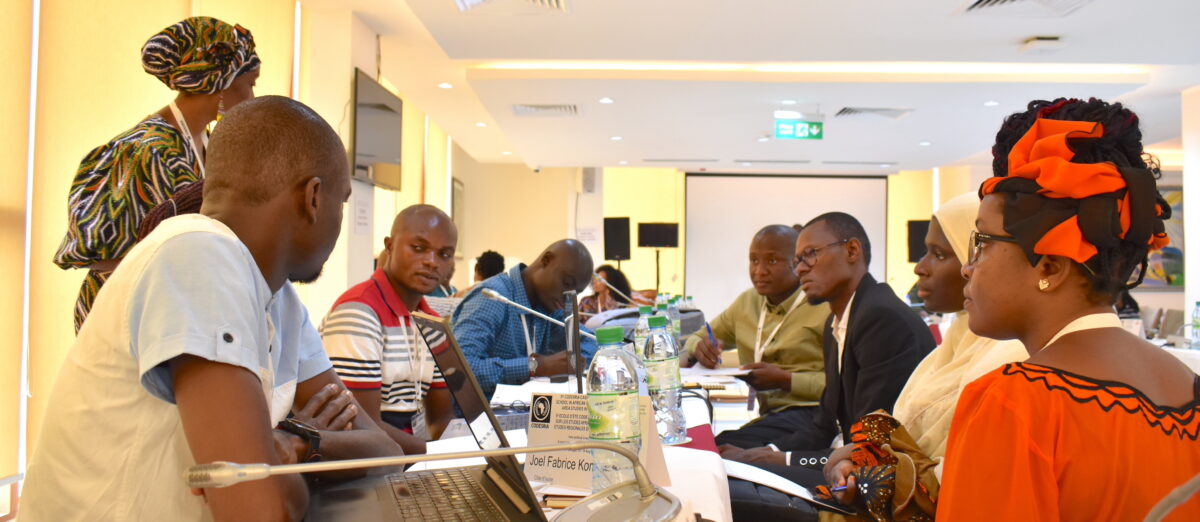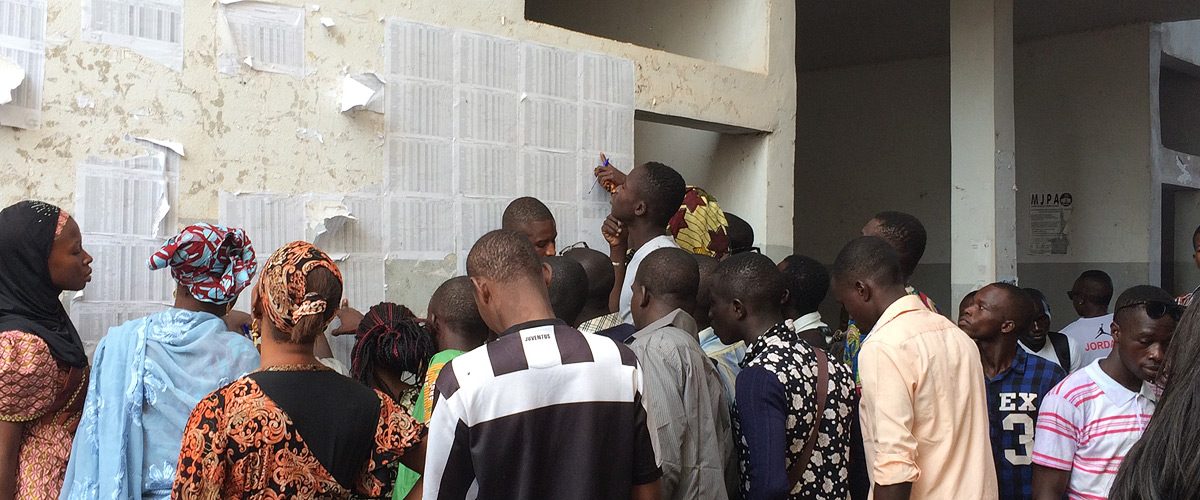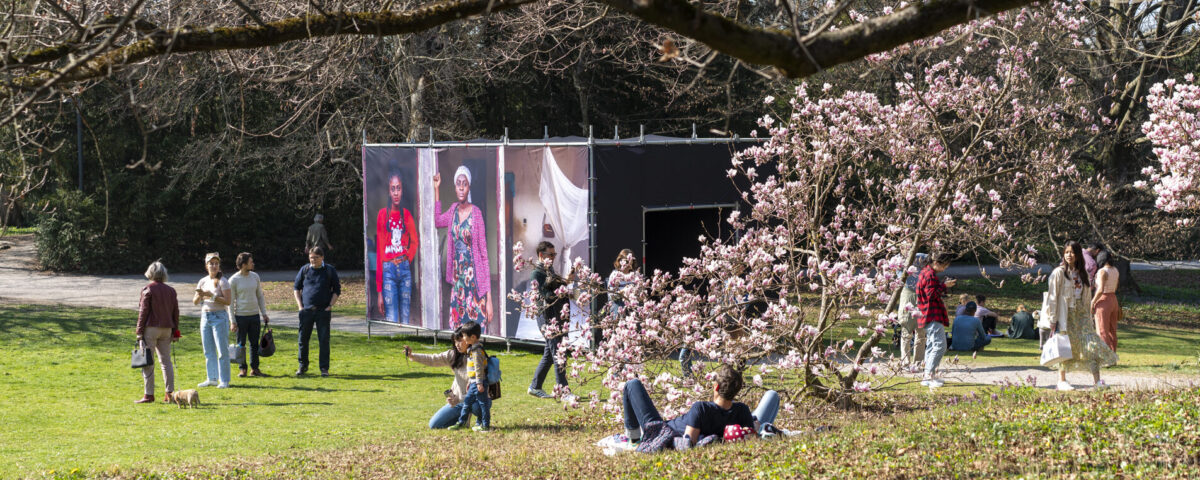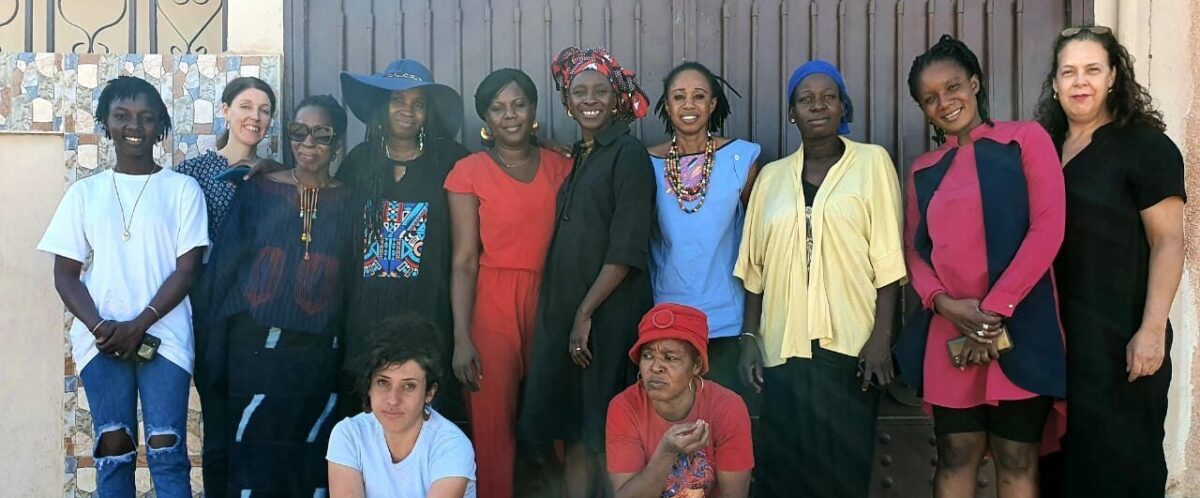Nyeleni – six female photographic perspectives, Part II (exhibition)
March 2023
After the ten-day workshop in Bamako in December 2021, the six female photographers – Fatoumata Diabate, Oumou Diarra, Dickonet, Mariam Niare, Kani Sissoko and Oumou Traore – continued to work on their individual photo series for over a year. Via Zoom and WhatsApp, the curators Franziska Jenni, Joyce Pennekamp and Delphine Gatinois regularly entered into a creative exchange with them about the emerging series of works.
Finally, on 7 March 2023, the exhibition was successfully opened in Bamako at Lassana Igo Diara’s Galerie Medina in the presence of an interested audience. In the last four weeks, various school classes from high schools and Bamako’s Conservatoire, led by Yamarou Photo Collective, visited the exhibition and entered into dialogue with the women photographers about their works.
https://www.facebook.com/nyeleniproject
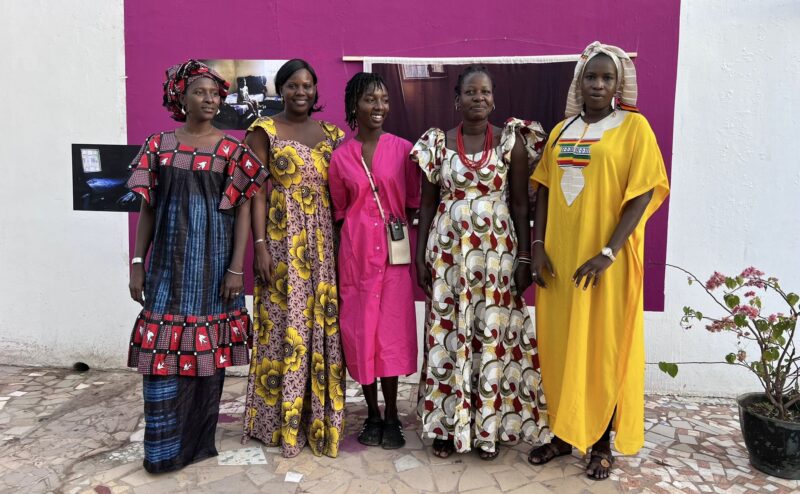
Fatoumata Diabate, Oumou Diarra, Mariam Niare, Oumou Traore, Dicko Traore à la Galerie Medina, Bamako, Mali, 2023
Après l’atelier de dix jours à Bamako en décembre 2021, les six femmes photographes – Fatoumata Diabate, Oumou Diarra, Dickonet, Mariam Niare, Kani Sissoko et Oumou Traore – ont continué à travailler sur leurs séries de photos individuelles pendant plus d’un an. Via Zoom et WhatsApp, les commissaires Franziska Jenni, Joyce Pennekamp et Delphine Gatinois ont régulièrement entamé un échange créatif avec elles sur les séries d’œuvres émergentes.
Enfin, le 7 mars 2023, l’exposition a été inaugurée avec succès à Bamako, à la Galerie Medina de Lassana Igo Diara, en présence d’un public intéressé. Au cours des quatre dernières semaines, plusieurs classes de lycées et du Conservatoire de Bamako, dirigées par le Collectif Photo Yamarou, ont visité l’exposition et ont entamé un dialogue avec les femmes photographes sur leurs œuvres.
https://www.facebook.com/nyeleniproject

